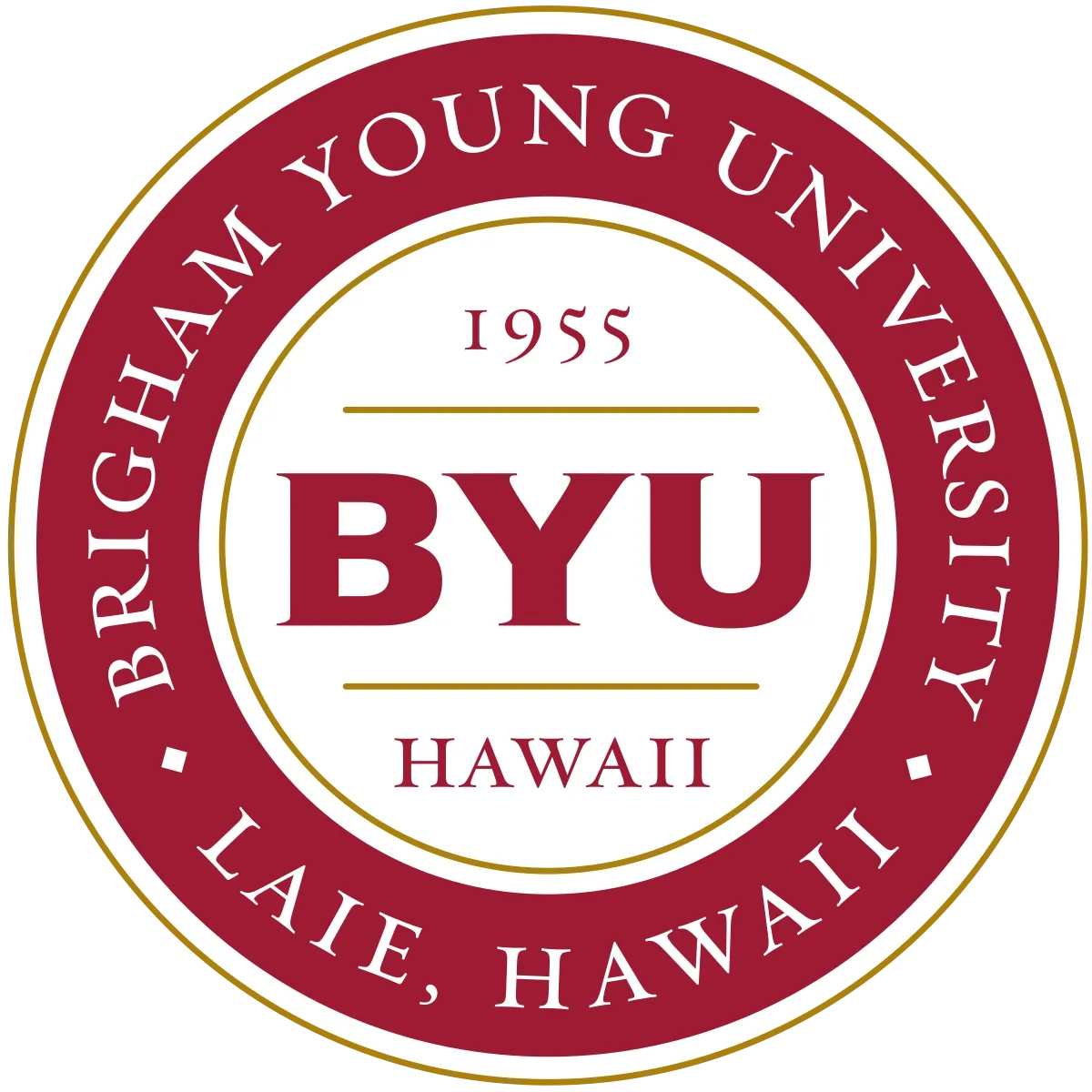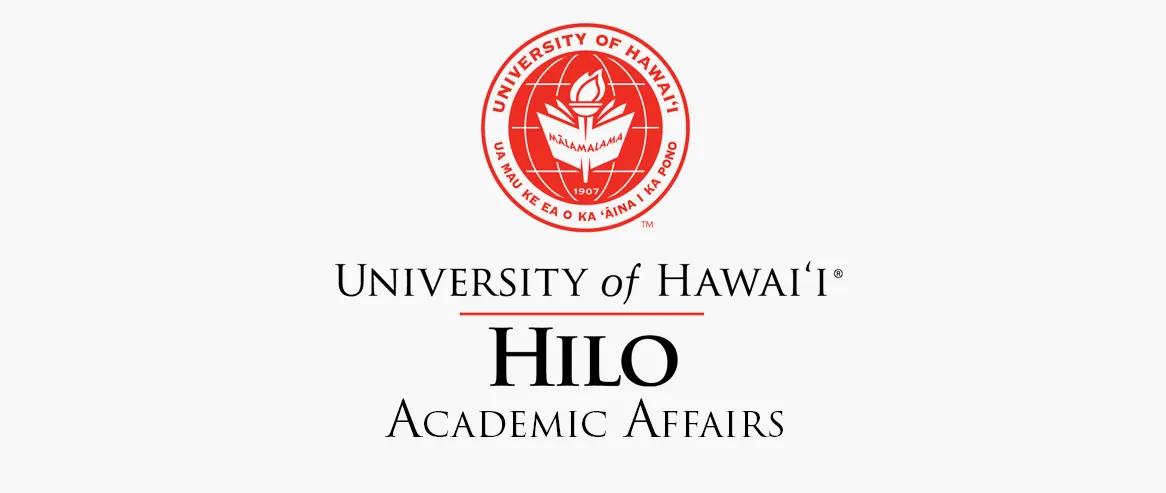Best Colleges in Hawaii
Get equipped with the resources that will help you easily navigate your learning journey. Discover schools that match your goals and aspirations.
Best Accredited Colleges
Frequently Asked Questions
1. What are the best colleges in Hawaii?
Some of the best colleges in Hawaii include the University of Hawaii at Manoa, Hawaii Pacific University, Brigham Young University-Hawaii, Chaminade University of Honolulu, and the University of Hawaii at Hilo.
2. How do I apply to colleges in Hawaii?
To apply to colleges in Hawaii, you typically need to complete an online application form, submit your high school transcripts, provide standardized test scores (such as SAT or ACT), write an essay, and submit letters of recommendation. Each college may have specific requirements, so it's important to check their websites for detailed instructions.
3. What majors and programs are offered at colleges in Hawaii?
Colleges in Hawaii offer a wide range of majors and programs. Some popular areas of study include marine biology, Hawaiian studies, tourism management, nursing, business administration, computer science, and education. Each college has its own unique offerings, so it's best to explore their websites for a comprehensive list of majors and programs.
4. How much does it cost to attend college in Hawaii?
The cost of attending college in Hawaii varies depending on the institution and whether you are an in-state or out-of-state student. On average, tuition and fees for in-state students range from $5,000 to $10,000 per year, while out-of-state students can expect to pay between $20,000 and $35,000 per year. It's important to consider additional expenses such as housing, meals, textbooks, and transportation when budgeting for college.
5. Are there scholarships available for students attending colleges in Hawaii?
Yes, there are scholarships available for students attending colleges in Hawaii. Many colleges offer their own scholarships based on academic merit, talent, or financial need. Additionally, there are external scholarships specifically for Hawaii residents or students pursuing certain fields of study. It's recommended to research and apply for scholarships early to increase your chances of receiving financial aid.
6. Can international students apply to colleges in Hawaii?
Yes, international students can apply to colleges in Hawaii. Each college has specific requirements for international applicants, which may include submitting English proficiency test scores (such as TOEFL or IELTS), providing financial documentation, and obtaining a student visa. It's important to contact the international admissions office of the college you are interested in for detailed instructions.
7. What is campus life like at colleges in Hawaii?
Campus life at colleges in Hawaii is vibrant and diverse. Students have access to a wide range of clubs, organizations, and extracurricular activities. Hawaii's unique location offers opportunities for outdoor adventures, such as surfing, hiking, and exploring the beautiful beaches. Additionally, colleges often host cultural events, performances, and sports competitions, providing a well-rounded college experience.
8. Can I transfer credits from a college in Hawaii to another institution?
Yes, it is possible to transfer credits from a college in Hawaii to another institution. However, the transferability of credits depends on the policies of the receiving institution. It's important to consult with academic advisors at both the current and prospective colleges to ensure a smooth transfer process and maximize the number of credits that can be transferred.
9. Are there opportunities for internships and job placements in Hawaii?
Yes, there are opportunities for internships and job placements in Hawaii. The state's diverse industries, including tourism, hospitality, healthcare, and technology, provide a range of internship and employment options for college students. Many colleges have career services offices that assist students in finding internships and job opportunities both on and off-campus.
10. What support services are available for students at colleges in Hawaii?
Colleges in Hawaii offer various support services to help students succeed academically and personally. These services may include academic advising, tutoring centers, counseling services, career development resources, disability support, and health services. Additionally, colleges often have student organizations and clubs that provide a sense of community and support for students.




